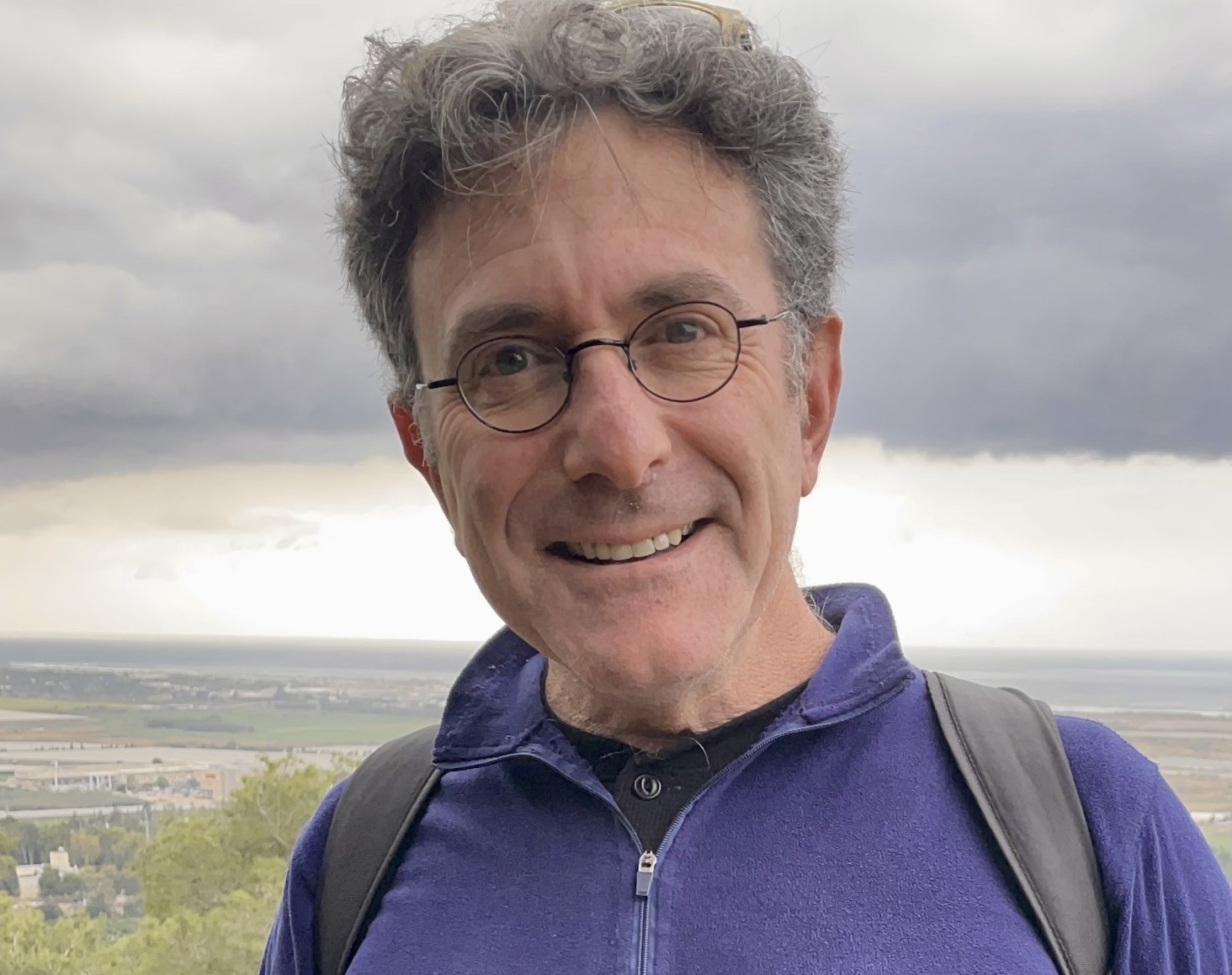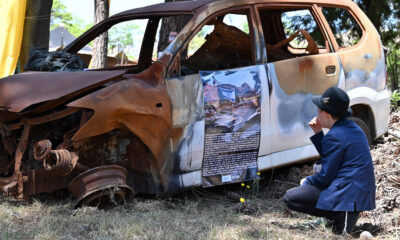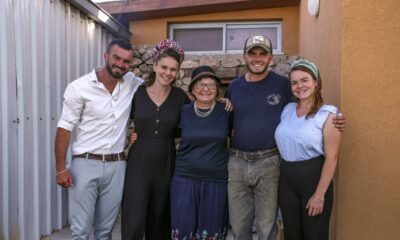
OpEds

Israeli youth give us hope
We live in challenging times. This week marks six months since the start of the Israel-Gaza war. The news is incessantly miserable and depressing, and each day can seem bleaker than the one before.
We’re hurting and mourning yet persistently trying to rise beyond, to rationalise, and normalise our new, surreal reality.
The everyday greeting of asking someone, “Ma nishma? [How are you?]” has become a double entendre, a loaded question fraught with duality and risk.
The world and the communities we live in appear increasingly hostile and threatening, and we’re all relentlessly recalibrating our relationships with and perceptions of our external friendships, communities, and neighbours.
And, regardless of our political persuasions and opinions, we’re also gravely concerned by the hubris, arrogance, and failure of leadership and governance that brought about this disastrous and unprecedented challenge to our people and our national sovereignty, existence, and confidence, and the alarming lack of political accountability.
Since that Black Shabbat on 7 October, as a country, nation, and people, we’re consistently hurtling from one crisis to another, living constantly in a dangerous “red zone” mindset of “fight-flight-freeze, frantic-fearful-frustrated”, as opposed to a healthier “blue-zone” mindset of “flow-flourish, peace-possibility, calm-connect, create-confident”.
And yet, in spite of all this, we have to try and move beyond the “red zone” if we’re to survive and eventually thrive, personally and collectively.
It’s about having optimism and hope – optimism as a transient belief that we’ll be okay, and hope as a sense that action will lead to better times.
I’m massively inspired by the optimism and hope of this phenomenal, misjudged, and underestimated generation of young people in Israel, who so quickly, selflessly, and admirably showed up to fight and volunteer, most often without a formal call to arms, with a singularity of purpose and unity, for this country, nation, and people’s future, and the victims’ welfare and resilience.
Yes, this same generation has grown up in the shadow of increasingly volatile political polarity; a progressively violent culture of political and social discourse; an absence of public accountability and responsibility; corruption; in the shadow of the threatening climate crisis; the COVID-19 pandemic; the threat of a “legal coup/restructure”; 7 October; and now this vindicated yet damned war.
It has experienced a government that went “missing in action”, abandoned the residents of Israel’s northern and southern periphery, the hostages and their families, and which didn’t look well enough after them and their families and livelihoods while they served and sacrificed.
They’ve lost friends and family at the Nova festival, in Gaza Envelope communities, and up north, and they find themselves going from one funeral to another, comforting each other and each other’s broken, bruised, and grieving families.
And yet, in spite of all this, perhaps because of it, they constantly show us mind-boggling energy and power of purpose, action, volunteerism, sacrifice, selflessness, humility, hope, resilience, and leadership by example, a spontaneous and intuitive craving and call for positive change, to redefine the meaning, purpose, and culture of public discourse and leadership regardless of political, social, or economic backgrounds or persuasions.
And as we contemplate the Pesach seder in a few weeks, with all of its wonderful ritual and storytelling to relate, m’dor l’dor (from each generation to the next) our peoples’ redemption from slavery, the symbolism and embodiment of this generation’s selfless commitment and leadership isn’t lost on me.
It reminds me why and what we and they are fighting for, sacrificing for, that this fight is for our beloved children and their friends, abductees and their families, and the soldiers, the grieving families of the entire region, for positive change and a better future of us all – our nation, people, and country.
And so, in spite of the all-encompassing grief, sadness, and sense of helplessness, I choose optimism and hope, picking myself up each time, looking forward, choosing life not victimhood, and continuing to believe in and actively working for a better future, to be worthy of them, this inspirational next generation.
This is the least we can do for the memory of the victims, for those who have sacrificed, and for those we’re still waiting for after 188 days!
B’sorot tovot – may we be blessed with good news!
- Natie Shevel is the chief operations officer of Ronson Foundation Services Ltd, which helps the underprivileged in the Jewish community. He is an honorary Member of the Order of the British Empire (MBE) for charitable services and strengthening links between the United Kingdom and Israel.










